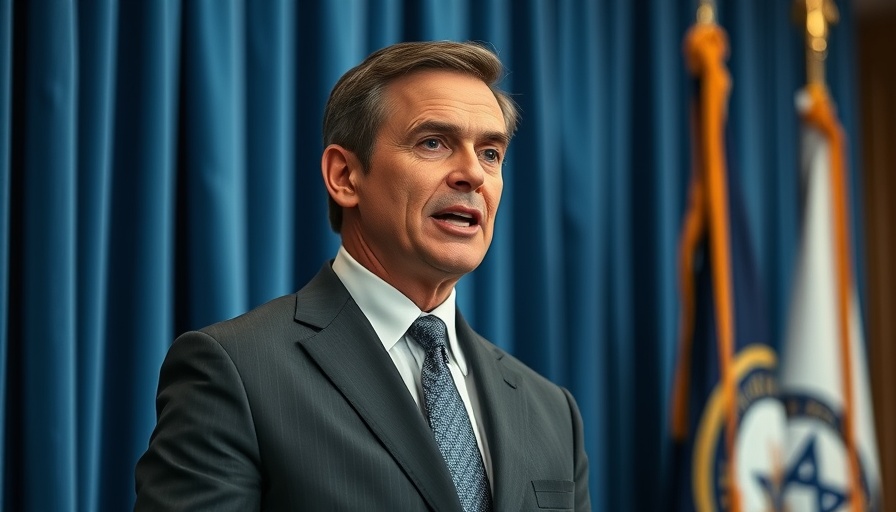
The Lasting Impact of Theo Huxtable on Generation X
Malcolm-Jamal Warner, celebrated for his role as Theo Huxtable on the groundbreaking sitcom ‘The Cosby Show,’ tragically drowned in Costa Rica at age 54. For many in Generation X, Theo was more than just a character; he was a cultural icon reflecting the aspirations and realities of Black youth in America during the 1980s and 1990s. As news of Warner's death spreads across social media, it sends ripples of grief through the hearts of those who grew up watching the show—a symbol of Black excellence and family dynamics rarely showcased on television at that time.
Remembering the Show that Changed the Narrative
‘The Cosby Show’ provided a much-needed counter-narrative to stereotypical portrayals of African Americans in media. Instead of displaying characters living in poverty or crime, the show focused on the affluent Huxtable family, emphasizing education, love, and success. Malcolm-Jamal Warner’s portrayal of Theo as a relatable, sometimes awkward teenager grappling with adolescence and identity resonated profoundly with young viewers, providing them with role models who looked like them and navigated similar struggles. The show won numerous awards and made significant cultural impacts, leading to ongoing discussions about representation in media.
Social Media: A Platform for Mourning and Reflection
As Warner's death was announced, social media became flooded with tributes and reflections from fans and celebrities alike, proving that his influence endures. Phrases like 'Theo Huxtable' and 'Gen X' quickly climbed the trending charts on platforms like Twitter, showcasing the powerful connection people shared with the character and the actor. Fans remembered the episodes that shaped their childhoods and discussed the lessons learned from the Huxtable family.
What Warner’s Legacy Teaches Us About Today's Media Landscape
Warner’s legacy prompts a conversation about representation that continues to be relevant today. While there has been progress in diversifying media, the conversation around how people of color are portrayed remains crucial. Shows like ‘Insecure’ and ‘Black-ish’ continue the work initiated by ‘The Cosby Show,’ demonstrating how important it is to provide nuanced representations of African American life. This ongoing narrative reflects both the strides made and the challenges that persist.
The Emotional Aftermath: Invoking Conversations on Mental Health
The loss of an icon can stir up a complex range of emotions, compelling discussions about mental health and the support systems we surround ourselves with. As fans mourn Warner’s passing, it is also a reminder of the importance of reaching out to those who might be struggling emotionally, especially in times of loss. An unfortunate reality is that many people suffer in silence; discussions surrounding mental health are as critical now as they ever were.
How to Honor the Memory of Malcolm-Jamal Warner
As discussions about Warner unfold, it is essential to think about ways to honor his contribution to culture and media. Black youth can seek inspiration from characters like Theo Huxtable, applying lessons about resilience and personal growth to their own lives. Additionally, viewers can engage with platforms that celebrate Black storytelling, support initiatives that improve mental health awareness, and promote diversity in media to ensure that the voices of marginalized communities are heard.
Warner's legacy goes beyond his time on ‘The Cosby Show’; it is a call to action for a generation to continue the dialogue about representation, mental health, and the importance of understanding where we come from. Remembering him as Theo Huxtable serves as a reminder that narratives matter and can greatly influence individual and collective identities.
 Add Row
Add Row  Add
Add 




Write A Comment